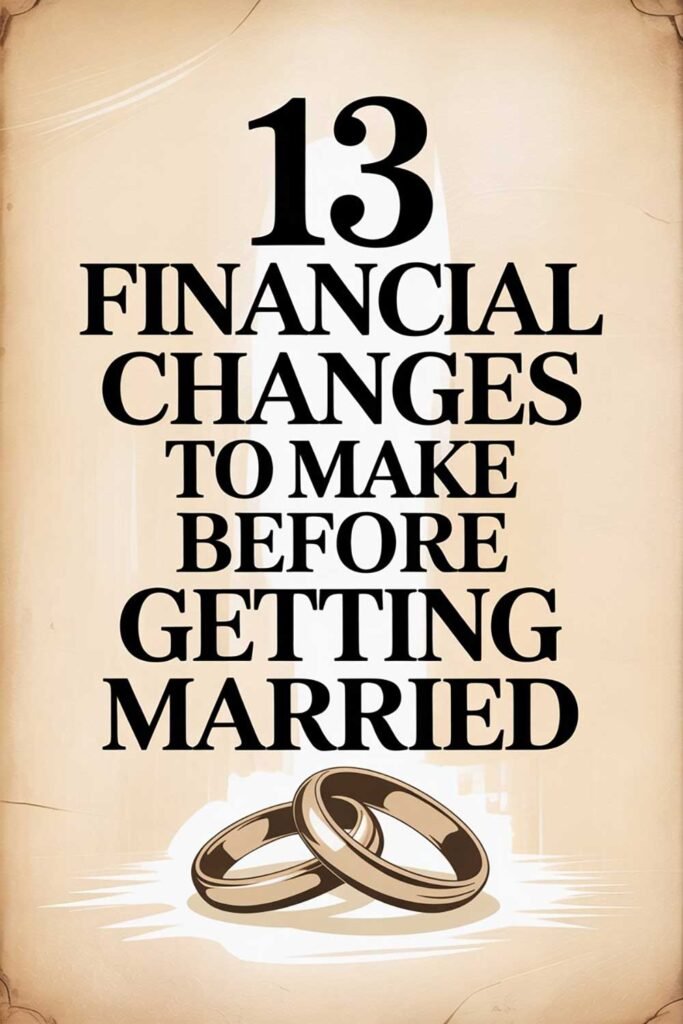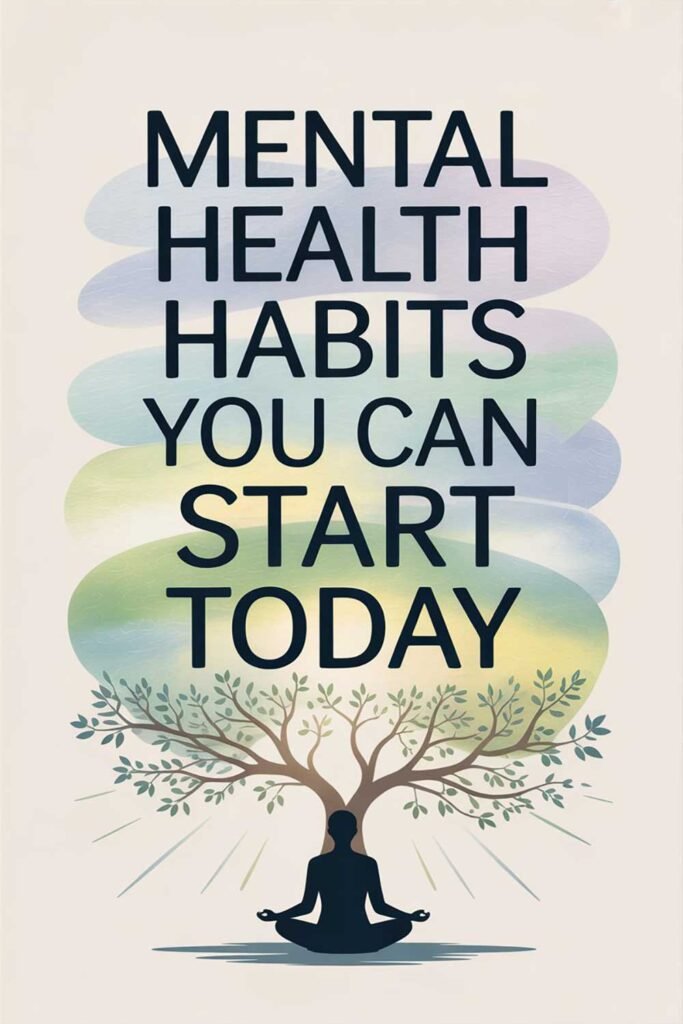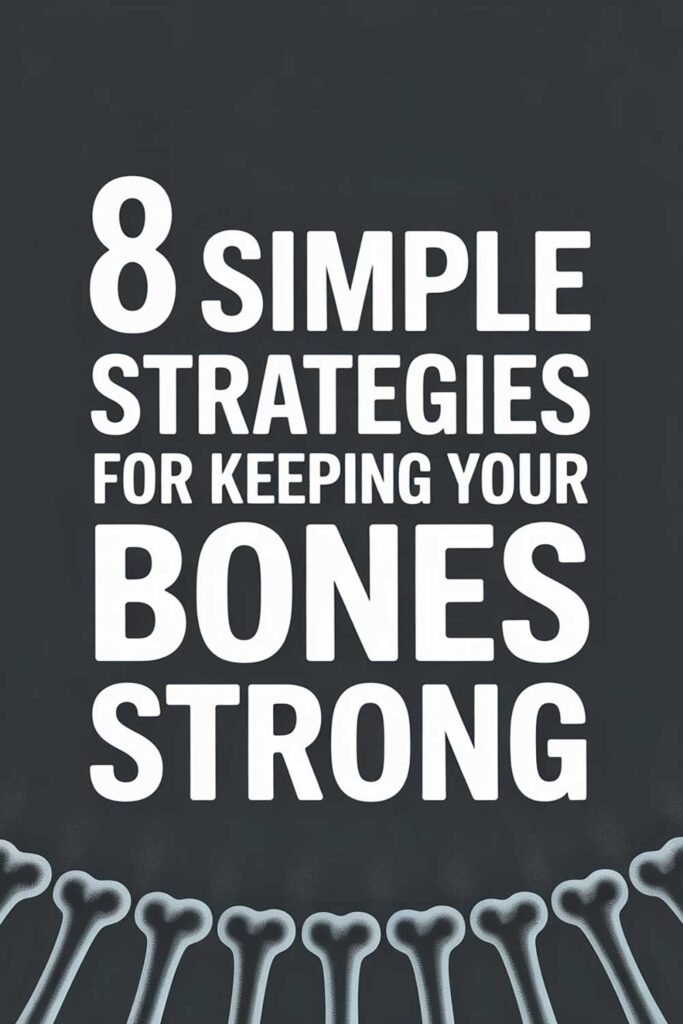The Psychology Behind Making Lasting Change
Change is hard. Whether you’re trying to eat healthier, save more money, stop procrastinating, or overcome a bad habit, the path to lasting change is often filled with detours, setbacks, and frustration. Yet, people do change — sometimes radically and permanently. So what separates those who succeed from those who start strong and quickly fizzle out? The answer lies in understanding the psychology behind making lasting change.

Why Change Is So Difficult
The human brain is wired to favor familiarity. From a survival standpoint, the status quo feels safe. Change, even when it’s for the better, introduces uncertainty and discomfort. Neuroscientifically speaking, our brains create neural pathways — like ruts in a dirt road — that reinforce our habitual behaviors. The longer a behavior is repeated, the deeper that groove becomes.
So, when we try to change, we’re not just making a new choice — we’re trying to override those deeply carved neural habits. This requires deliberate effort, repetition, and sometimes a reprogramming of beliefs and identity.
The Stages of Change
One of the most widely accepted psychological models for understanding change is the Transtheoretical Model of Behavior Change, developed by Prochaska and DiClemente. It breaks change into five distinct stages:
- Precontemplation – You’re not even considering change.
- Contemplation – You’re aware something needs to change but haven’t committed.
- Preparation – You’re planning how to make the change.
- Action – You begin implementing new behaviors.
- Maintenance – You work to sustain the new habit and prevent relapse.
Understanding which stage you’re in helps you use the right strategies. For example, someone in contemplation needs different support than someone already in action.
Motivation vs. Discipline
Many people think they need motivation to change, but motivation is fleeting. It spikes and dips depending on mood, environment, or energy level. Discipline, on the other hand, is consistent and reliable.
A powerful concept from psychologist Dr. Angela Duckworth is grit — the combination of passion and perseverance toward long-term goals. Grit sustains change when motivation fades.
Identity-Based Habits
Author James Clear, in his book Atomic Habits, introduces the idea of identity-based habits. Rather than focusing on outcomes (“I want to lose 20 pounds”), he suggests focusing on the person you want to become (“I’m a healthy person who exercises”).
This shift in mindset makes habits stick because your behavior aligns with your identity. For example:
- Instead of “I’m quitting smoking,” say “I’m not a smoker.”
- Instead of “I need to start saving,” say “I’m someone who values financial security.”
The Role of Environment
Your environment often dictates your behavior more than willpower. Psychologist BJ Fogg, founder of the Behavior Design Lab at Stanford, emphasizes “designing for success.” He suggests:
- Making good behaviors easier (e.g., laying out workout clothes the night before)
- Making bad behaviors harder (e.g., removing junk food from your home)
Real change often comes from small tweaks to your surroundings.
Habit Stacking and Micro-Habits
Small, consistent actions compound over time. One strategy is habit stacking — attaching a new habit to an existing one. For instance:
- After brushing your teeth, meditate for 2 minutes
- After making coffee, write in your gratitude journal
These micro-habits build momentum and reduce overwhelm.
Real-Life Example: Sarah’s Health Journey
Sarah was a busy mom of three who always put her family before herself. She wanted to lose weight, but traditional diets had failed her repeatedly. Instead of trying to overhaul her lifestyle, she started with one micro-habit: walking around the block each morning after her kids got on the bus.
This evolved into longer walks, then jogs. She started listening to podcasts about health and nutrition. Gradually, she swapped soda for water and introduced meal prep on Sundays. Two years later, Sarah had lost 40 pounds — not from a strict plan, but from consistent, small changes fueled by a new identity: “I’m someone who takes care of herself.”
Real-Life Example: John’s Financial Transformation
John had been living paycheck to paycheck for over a decade. After reading about the psychology of money and behavior change, he decided to take control. He began by automating $20 each week into a savings account.
This small habit made him feel capable. Over time, he increased the amount, cut back on impulsive purchases, and joined a supportive online budgeting community. Three years later, John had paid off $15,000 in debt and built an emergency fund. It wasn’t willpower — it was rewiring his habits and identity around money.
How to Create Lasting Change in Your Life
1. Identify Your Why
Change that sticks is fueled by deep, personal reasons. Ask yourself: Why does this matter to me? Dig until the answer makes you emotional.
2. Start Incredibly Small
Shrink your goals. Instead of working out for 60 minutes a day, start with 5 minutes of stretching. Build the habit first — intensity comes later.
3. Change Your Identity First
Believe in the person you are becoming. Adopt a new self-image that supports your desired behavior.
4. Track Your Progress
Tracking habits creates accountability and visual reinforcement. Apps, calendars, or simple habit trackers work wonders.
5. Be Kind to Yourself
Change isn’t linear. Expect setbacks and forgive yourself quickly. Self-compassion is fuel for resilience.
6. Build a Support System
Surround yourself with people who support your growth. Whether it’s a coach, friend, or online community — accountability increases success.
7. Celebrate Small Wins
Rewarding progress triggers dopamine, reinforcing the habit. Don’t wait until the end goal — celebrate every tiny step forward.
20 Quotes About Making Lasting Change
- “Change is hard at first, messy in the middle, and gorgeous at the end.” – Robin Sharma
- “Small habits make a big difference.” – James Clear
- “Discipline equals freedom.” – Jocko Willink
- “You’ll never change your life until you change something you do daily.” – John C. Maxwell
- “The secret of change is to focus all of your energy not on fighting the old, but on building the new.” – Socrates
- “A year from now you may wish you had started today.” – Karen Lamb
- “Success is the sum of small efforts, repeated day in and day out.” – Robert Collier
- “Your habits shape your destiny.” – Tony Robbins
- “Motivation gets you going, but discipline keeps you growing.” – Jim Rohn
- “What you do today can improve all your tomorrows.” – Ralph Marston
- “Don’t break a habit; replace it.” – Unknown
- “Transformation is not a future event, it’s a present activity.” – Jillian Michaels
- “Act as if what you do makes a difference. It does.” – William James
- “Every action you take is a vote for the type of person you wish to become.” – James Clear
- “If you want to fly, give up everything that weighs you down.” – Toni Morrison
- “The chains of habit are too light to be felt until they are too heavy to be broken.” – Warren Buffett
- “Old ways won’t open new doors.” – Unknown
- “Change your thoughts and you change your world.” – Norman Vincent Peale
- “Consistency is what transforms average into excellence.” – Tony Robbins
- “Progress, not perfection.” – Unknown
Picture This
Imagine waking up tomorrow with clarity, energy, and confidence. You’re no longer burdened by the guilt of past failures or the weight of unrealistic expectations. Instead, you move through your day as someone who keeps promises to themselves. Your habits support the life you want — not because of a dramatic overhaul, but because you took one small step at a time.
You didn’t force change — you became it.
So what small action can you take today that your future self will thank you for?
Share This Article
If this article helped you, please share it with a friend, post it on social media, or email it to someone who might need encouragement on their journey of change. You never know who you might inspire just by clicking “share.”
Disclaimer
This content is for informational purposes only and reflects personal experiences and perspectives. It is not intended to substitute professional advice or mental health treatment. Always consult a licensed professional before making any life-altering changes.






